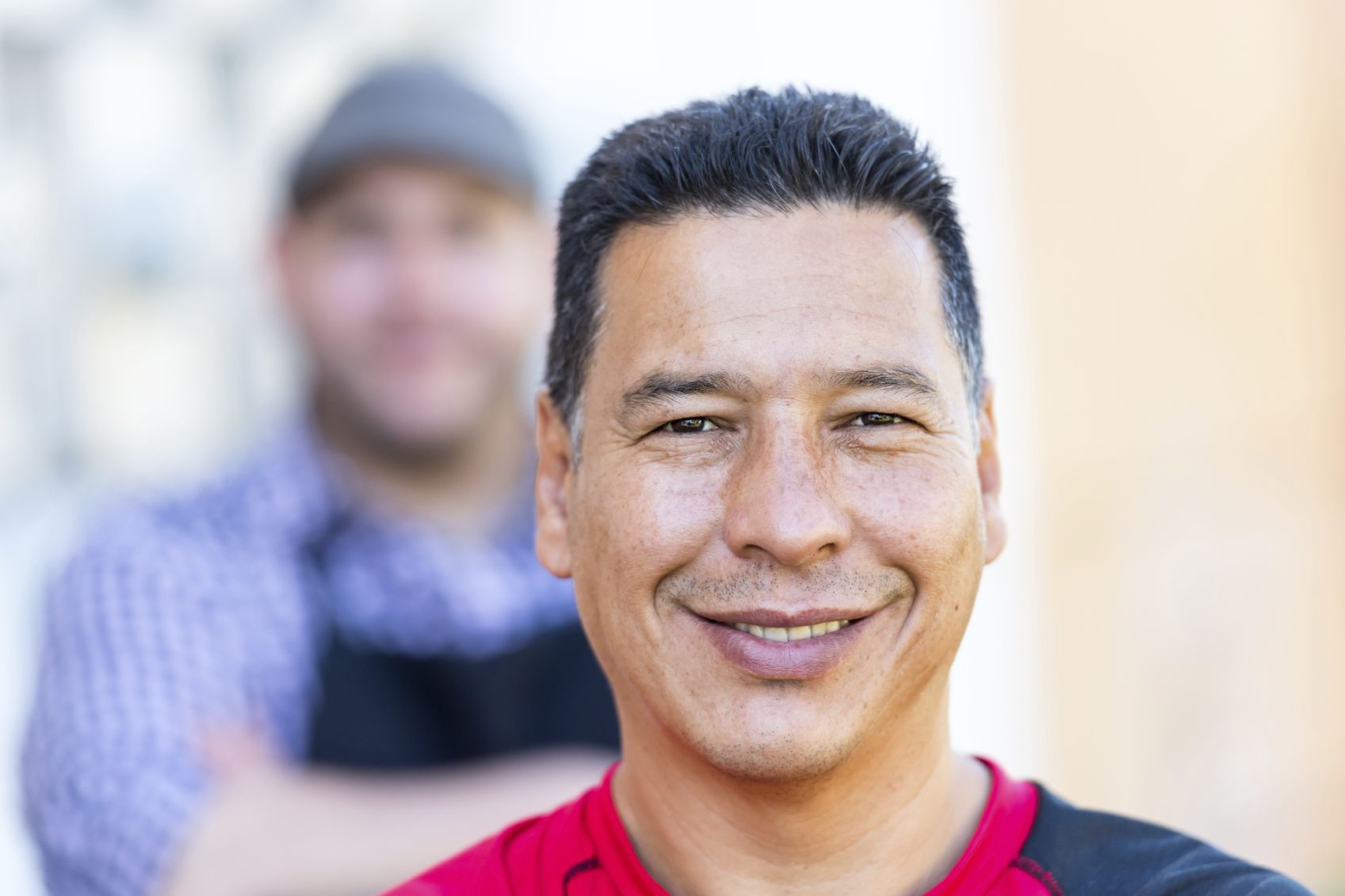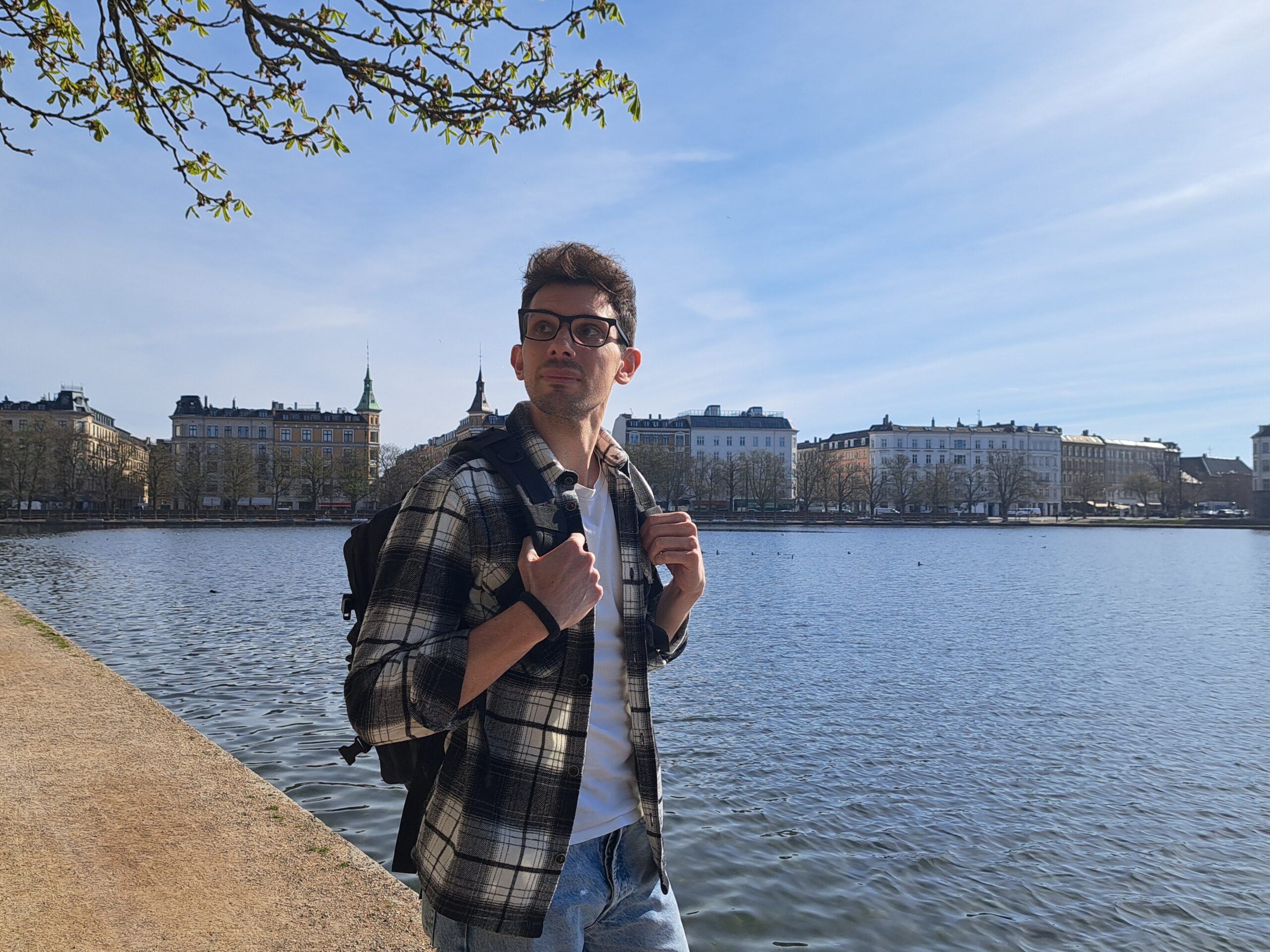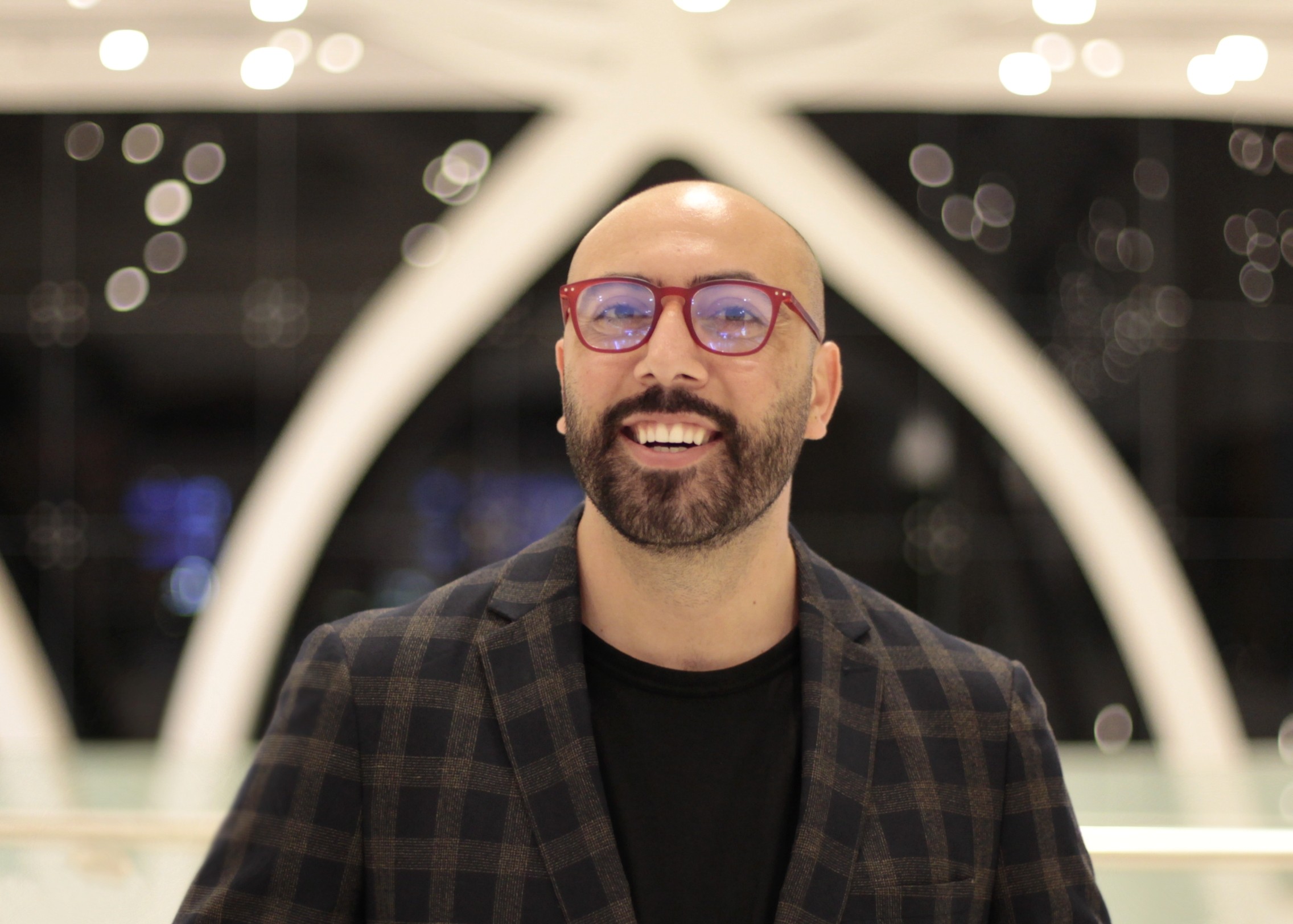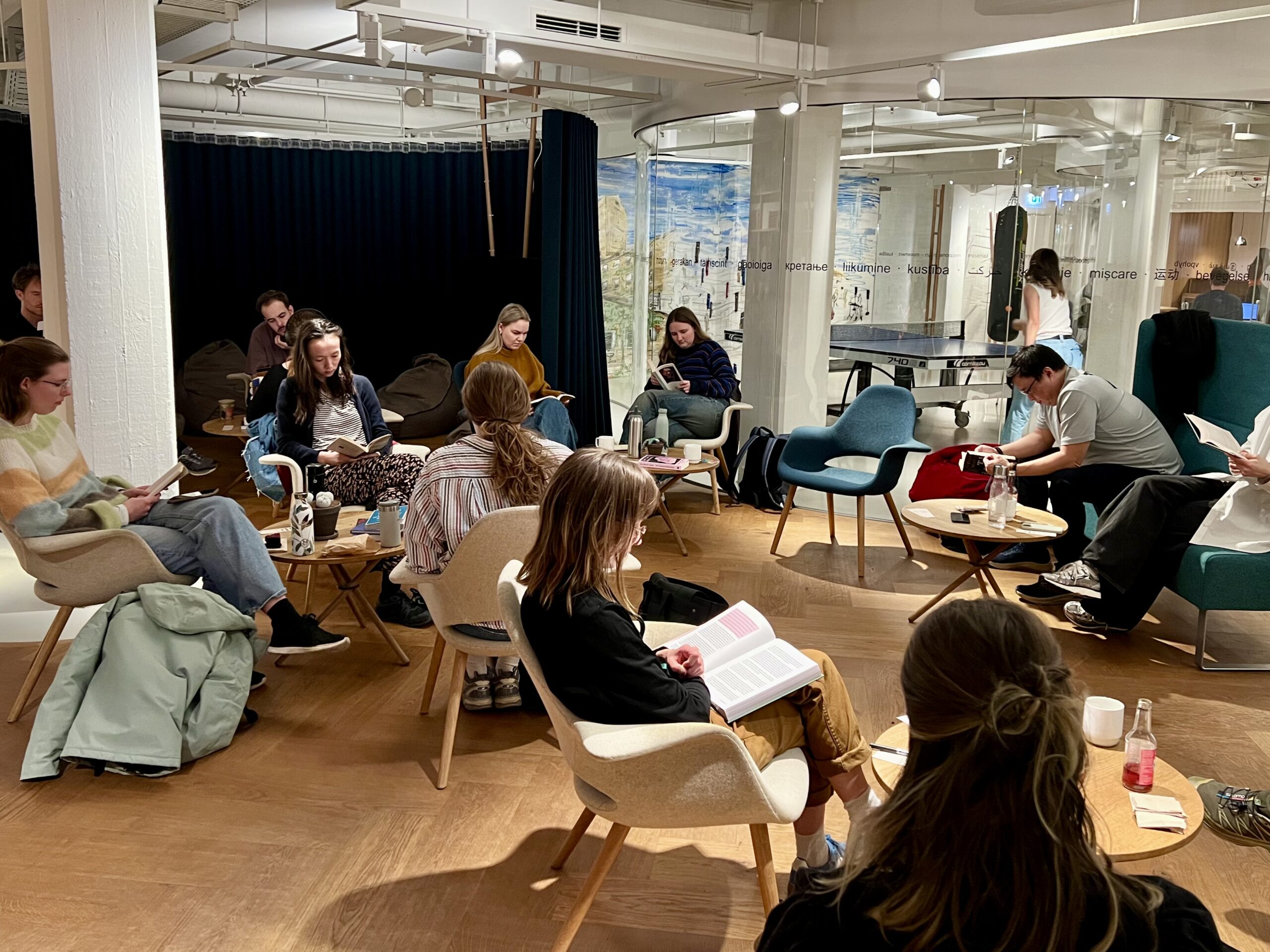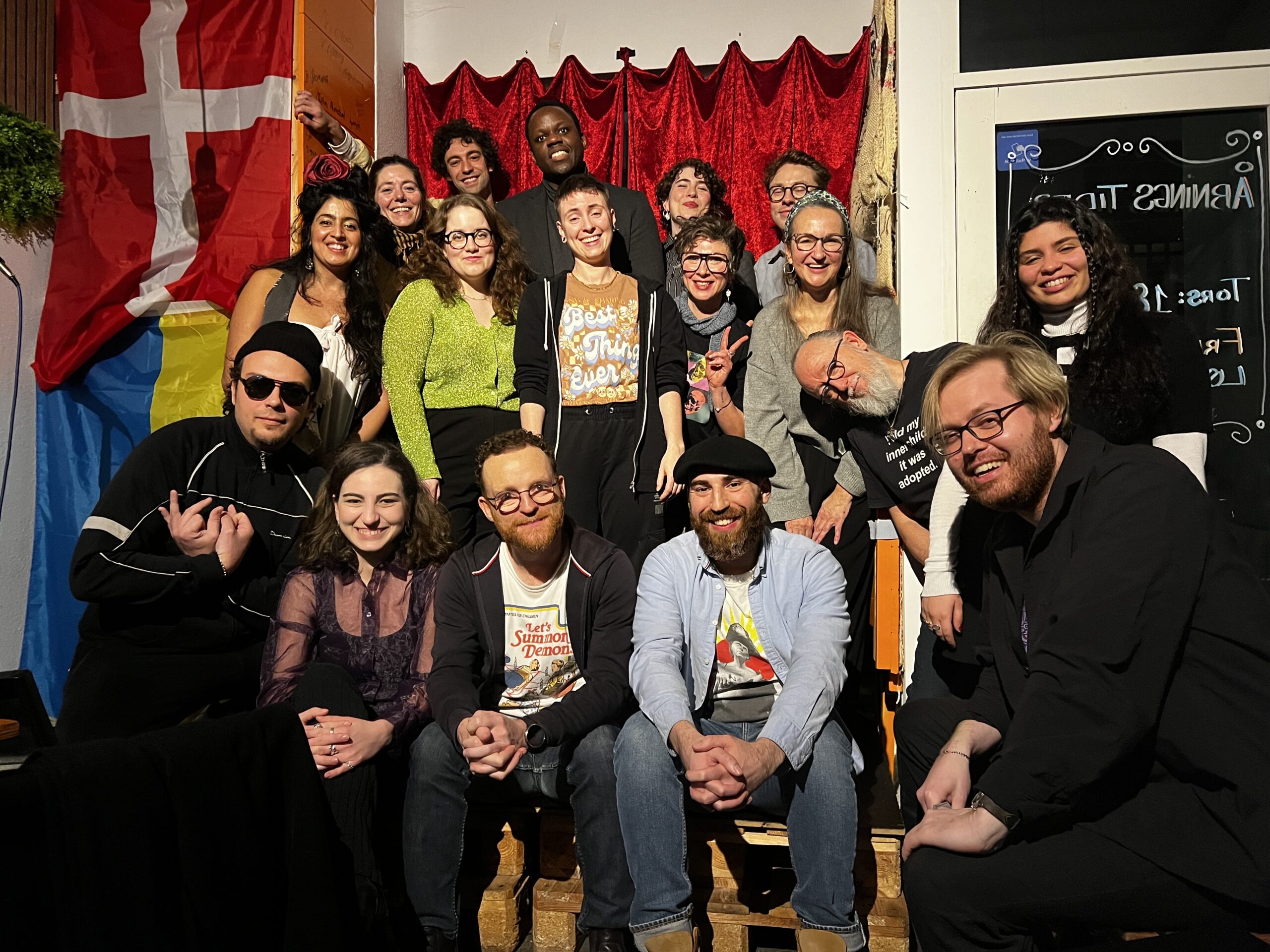With Europe facing an unprecedented refugee crisis, all associated matters are currently up for debate. From a business angle, the most interesting debate is why Denmark is not capitalising on the skills of newcomers. Half of all ‘non-Western’ immigrants are neither in employment nor education. This is one of the lowest levels in the OECD, despite Denmark having one of the highest overall employment rates.
Barriers to benefiting
There are a couple of reasons why this is the case and most relate to the high entry-costs to the Danish labour market.
Firstly, most jobs in Denmark, regardless of seniority, require some form of formal training, and those who have come through the education and training system have been geared for this their whole lives.
Secondly, wage costs at entry-level jobs are high. Although there is no uniform national minimum wage, most collective bargaining agreements provide for a minimum wage of at least 120 kroner per hour – double the level of many other OECD countries.
Achilles heel, Trojan horse
In many ways, the difficulties of assimilating immigrants in the labour market is the mirror effect of the overwhelmingly positive set-up, in which manual wages are high and functional training is of a high quality. With many immigrants hitting the one unfortunate weak spot in the Danish model, the question then becomes what should be done.
One suggestion is to allow refugees (and potentially other immigrants) to enter the labour market on reduced wages, thereby incentivising employers to take them on. Such arrangements are, though, anathema to unions who see them as a Trojan horse for wage dumping and fear it will discriminate against native workers.
We must differentiate
However, the failure to make use of immigrants’ talent is resulting in huge losses from both a human and financial viewpoint. As well as this, the feeling that too many immigrants are not financially contributing to the country is poisoning the atmosphere of the immigration debate.
An ability to differentiate in wages paid to refugees would allow more to enter the labour market (benefiting the public purse) and lead to a more sober tone in the general debate.

